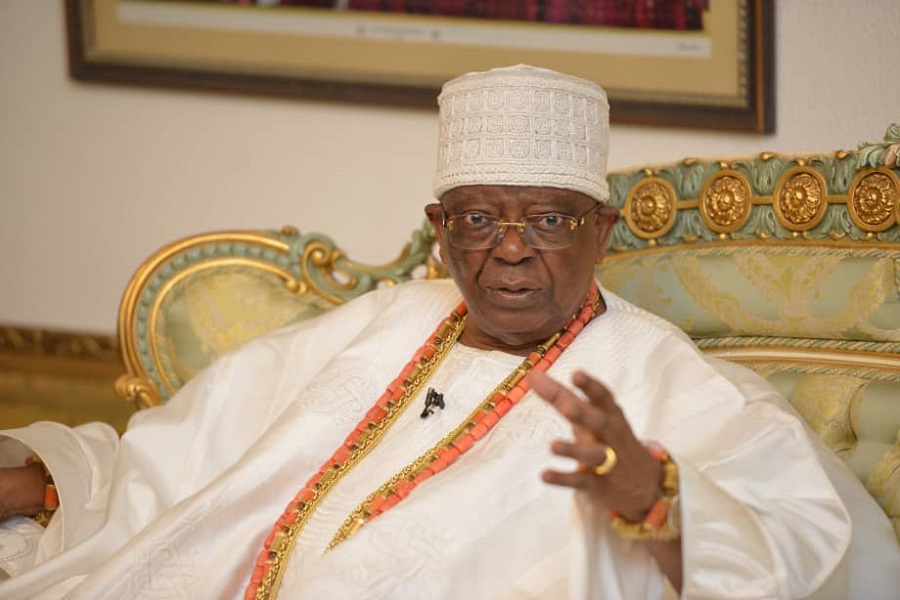The governor of Ogun State, Dapo Abiodun, has described the demise of the founder of the First City Monument Bank (FCMB), Subomi Balogun, as a colossal loss, not only to the state, but Nigeria and the business world as a whole.
This was contained in a statement by the governor’s chief press secretary, Kunle Somorin.
The business mogul passed away Friday in London at age 89.
Balogun, who celebrated his 89th birthday on March 9, reportedly died in a London hospital after a brief illness.
- May 29: NDLEA arrests 534, seize illicit drugs in nationwide raids
- Burna Boy’s album “Love, Damini” becomes his most streamed album on Spotify
The businessman, who was a direct descendant of Oba Tunwase of Ijebu-Ode and once held the chieftaincy title, Otunba Tunwase of Ijebu land, was often referred to as the grandmaster and baron of the Nigerian capital and money market for his pioneering efforts in the development of the financial markets.
He founded the first ever Nigerian private bank to be established in the country without foreign direct investments or funding from the government.
Otunba Balogun, who was born in 1934 in Ijebu-Ode, was a pioneer and role model of entrepreneurial banking in Nigeria.
After earning a Law degree at the London School of Economics, he returned to Nigeria to join the Ministry of Justice in the defunct Western Region.
From the regional Ministry of Justice, where he was a Crown Counsel, Balogun found a new post as a parliamentary counsel in the Federal Ministry of Justice.
He joined the Nigerian Industrial Development Bank after the 1966 coup.
In 1979, he applied for a merchant banking license to establish the FCMB. Balogun was inspired by the entrepreneurial works of Siegmund Warburg, who co-founded S.G. Warburg. He visited Warburg in London prior to establishing his merchant bank.
He often told the anecdotal story of how his son inspired him to take the leap in starting the bank.
“One day, my second son, Babajide, told my wife, ‘I pity dad, why can’t he go and set up his own business instead of wanting to work for people?’ I felt it was the voice of God. That was how I set up my institution,” he had said in an interview during his 86th birthday.
Balogun lived a philanthropic life, dedicating a good portion and resources to the service of humanity. He was a lover of children; hence he built several institutions for their health care, welfare and survival.

 Join Daily Trust WhatsApp Community For Quick Access To News and Happenings Around You.
Join Daily Trust WhatsApp Community For Quick Access To News and Happenings Around You.
